The Bible is an inspired record of human history that focuses on the sin problem and God’s solution for it—the plan of salvation. It records real historical people who did real things, but often what is recorded is more than mere history. Within these stories, we find lessons that apply to us today.
Recently, I was reading the book of Obadiah. In this account, Judah is under attack from enemies; their cousins in Edom, who are the descendants of Esau, are being chastised for and warned against celebrating Judah’s destruction.
There was a long history of conflict between Jacob’s descendants and Esau’s, one that almost certainly stemmed from the birthright and Jacob deceiving their father, Isaac. When the Israelites finally left Egypt and sought permission to travel through the land of Edom, where Esau’s descendants lived, on their way to the Promised Land, the Edomites refused them passage. Conflict continued over subsequent generations. David defeated the Edomites and set up fortresses in their land, but the Edomites continued to grow and eventually joined with other nations in attacking Israel and Judah.
By the time of Obadiah, there was deep-seated animosity between the groups. When Judah was invaded and Jerusalem sacked, the Edomites celebrated. They also looked for opportunities to profit from Judah’s downfall and even aided the invaders in sniping at fugitives and turning over fleeing Jews to the invaders.
But notice the prophet’s warning:
You should not look down on your brother in the day of his misfortune, nor rejoice over the people of Judah in the day of their destruction, nor boast so much in the day of their trouble. You should not march through the gates of my people in the day of their disaster, nor look down on them in their calamity in the day of their disaster, nor seize their wealth in the day of their disaster. You should not wait at the crossroads to cut down their fugitives, nor hand over their survivors in the day of their trouble. “The day of the LORD is near for all nations. As you have done, it will be done to you; your deeds will return upon your own head” (1:12–15 NIV84).
Do you see a warning applicable to people today? Are we faced with situations in which we see various people as “enemies,” as working against God or God’s people or the common good? Do we long for some authority to take their power, wealth, and resources and to punish them? If we see those who have worked against us brought down, do we celebrate?
Do we teach theologies in which we look forward to the day when God will use His power to punish our enemies? When the wicked do reap their final end, will the righteous be celebrating their torment and destruction?
Recently, I wrote the blog Prepare! The King of the North Is Coming; in it, I describe two historical forces used by Satan to fight against each other as a means of drawing the people of God into joining one side or the other. In my understanding of the prophecy of Daniel 11, the final movement before Christ returns is the King of the North (religious imperialism) storming out against the King of the South (godless humanism, evolutionism, communism) and destroying him and taking his possessions, power, and wealth.
Many Christians have been rightly distressed at the rise in godlessness, wickedness, moral decay, and violence in society. Many have been frustrated and outraged at the advancement of philosophies that deny objective reality—such as there is no male and female and that gender is a made-up construct.
When the forces of the King of the North gain political power and storm out against the forces of the King of the South, what is the proper mindset and heart attitude for the people of God to have? Should we rejoice and celebrate their misfortune, their downfall, the confiscation of their wealth? Or should we grieve and pray for them?
As Obadiah wrote, “The day of the LORD is near for all nations. As you have done, it will be done to you; your deeds will return upon your own head.” Yes, the day of the Lord is near for the entire world. This prophecy is not restricted to Edom; it is a warning to the entire world. How we treat others changes us. By choosing to practice the methods of fear, of selfishness, of hate, of revenge, of rejoicing in the downfall of our perceived enemies, we solidify into our characters the principles of the enemy of love. In doing so, we will bring destruction upon ourselves.
But if we choose to love our enemies and pray for those who spitefully use us, we become children of our Father in heaven (Matthew 5:43–48). It is by choice, by action, by how we treat others that we participate with God in writing His living law of love into our hearts and minds and are transformed and freed from the control of fear and selfishness. Then, when our enemies fall, we view them as family, recognizing them as we always should have, as descendants of Adam and Eve, our human brothers and sisters for whom Jesus died, and we grieve at their loss, our hearts ache at their suffering, and we cry at their destruction.
Yes, “The day of the LORD is near for all nations. As you have done, it will be done to you; your deeds will return upon your own head.” So do not fall into the trap of this world and rejoice when your enemies suffer. Instead, love your enemies and God’s love will return upon your head—and “you shall be perfect, just as your Father in heaven is perfect” (Matthew 5:48 NKJV).

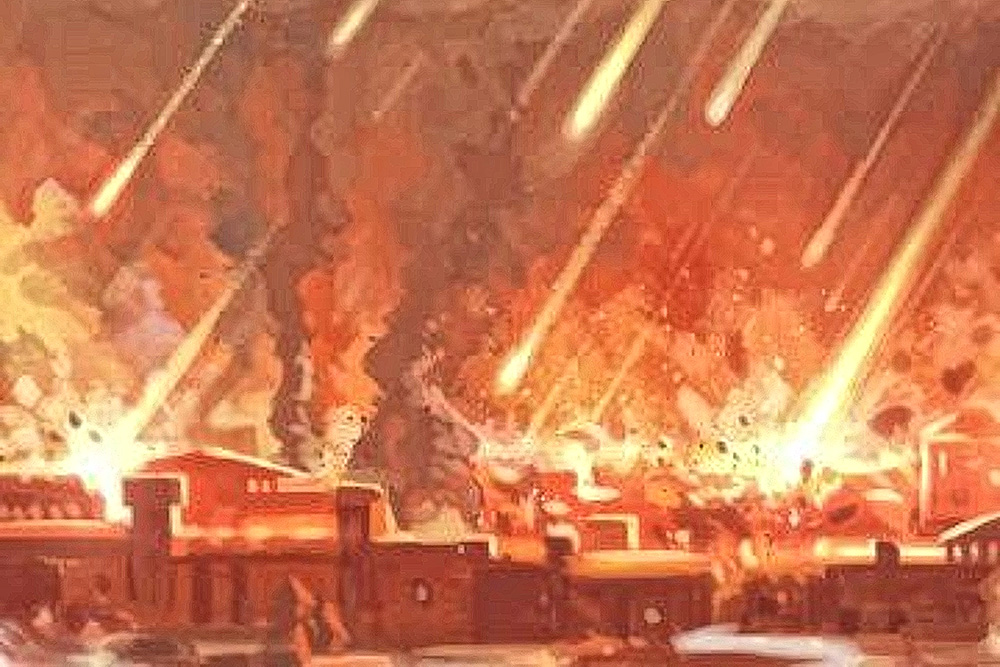

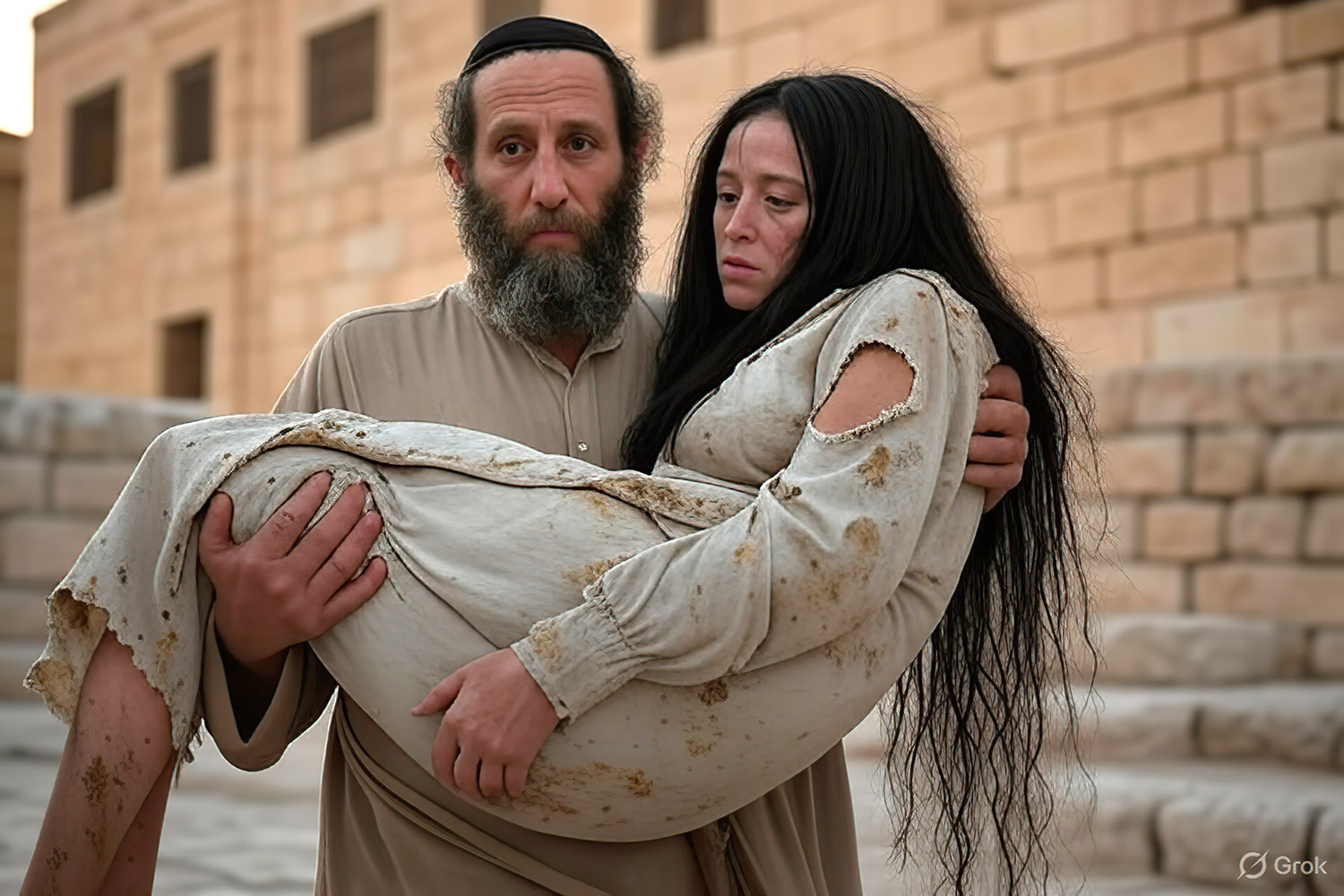



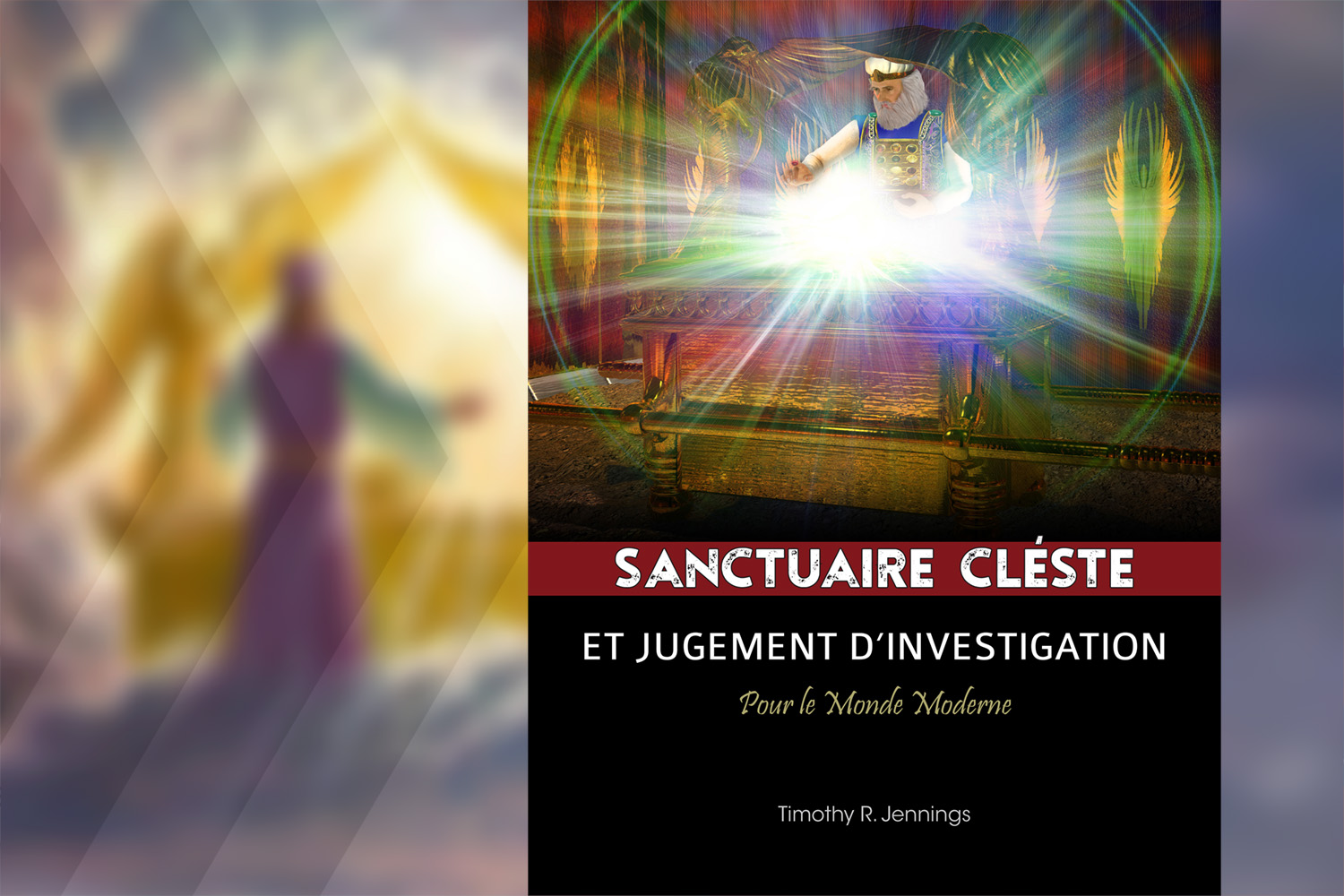
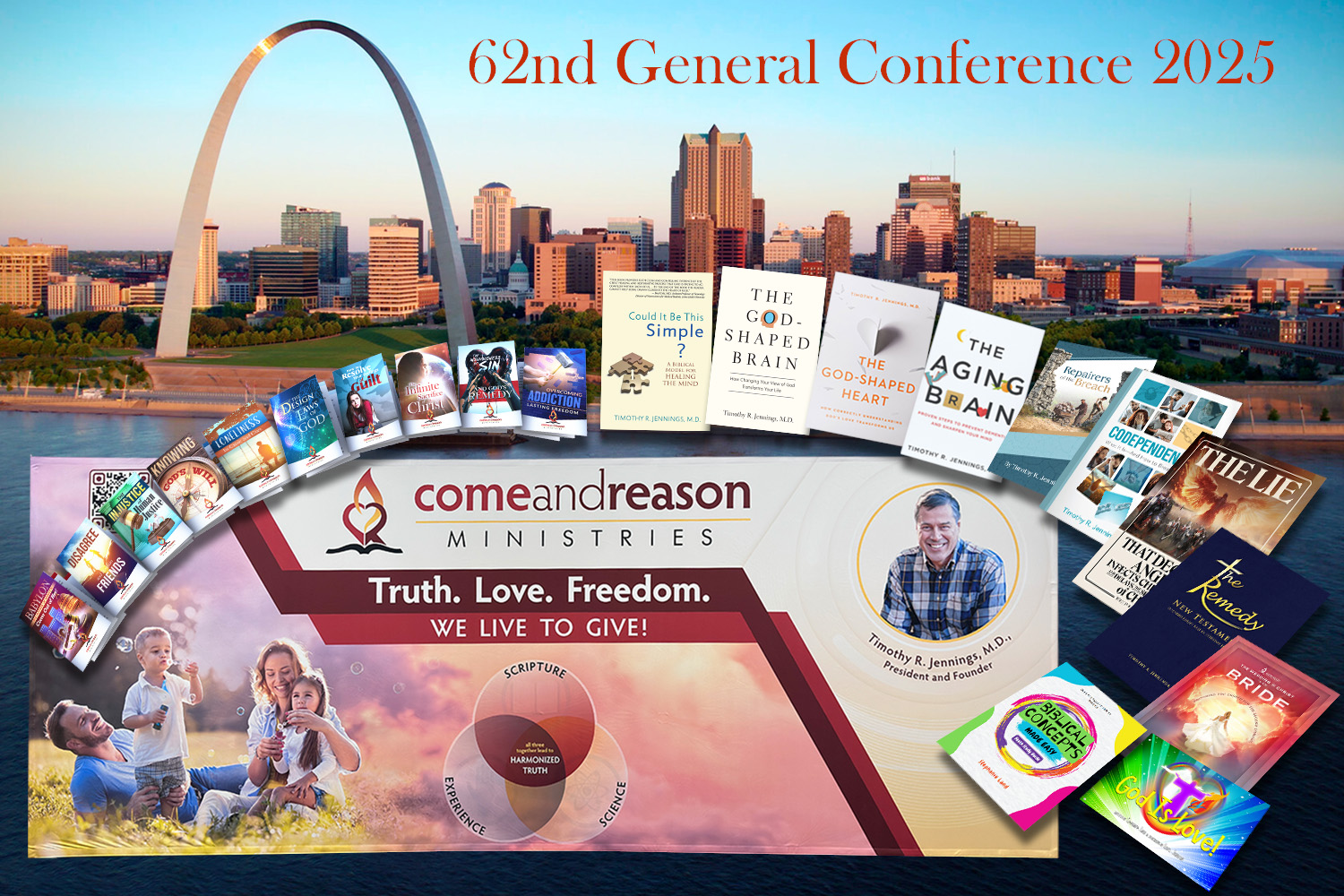

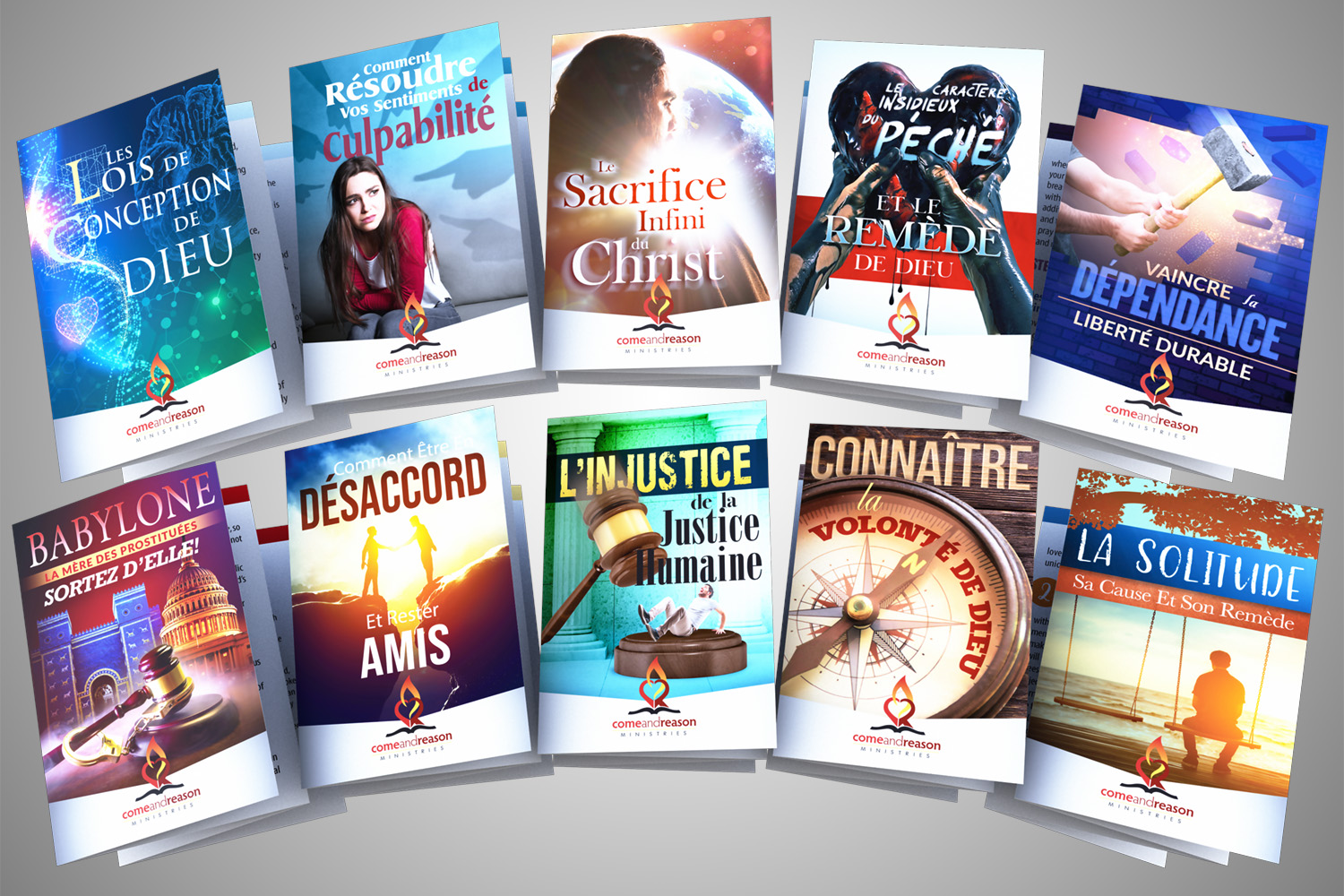
 using your credit or debit card (no PayPal account needed, unless you want to set up a monthly, recurring payment).
using your credit or debit card (no PayPal account needed, unless you want to set up a monthly, recurring payment). instead?
instead?